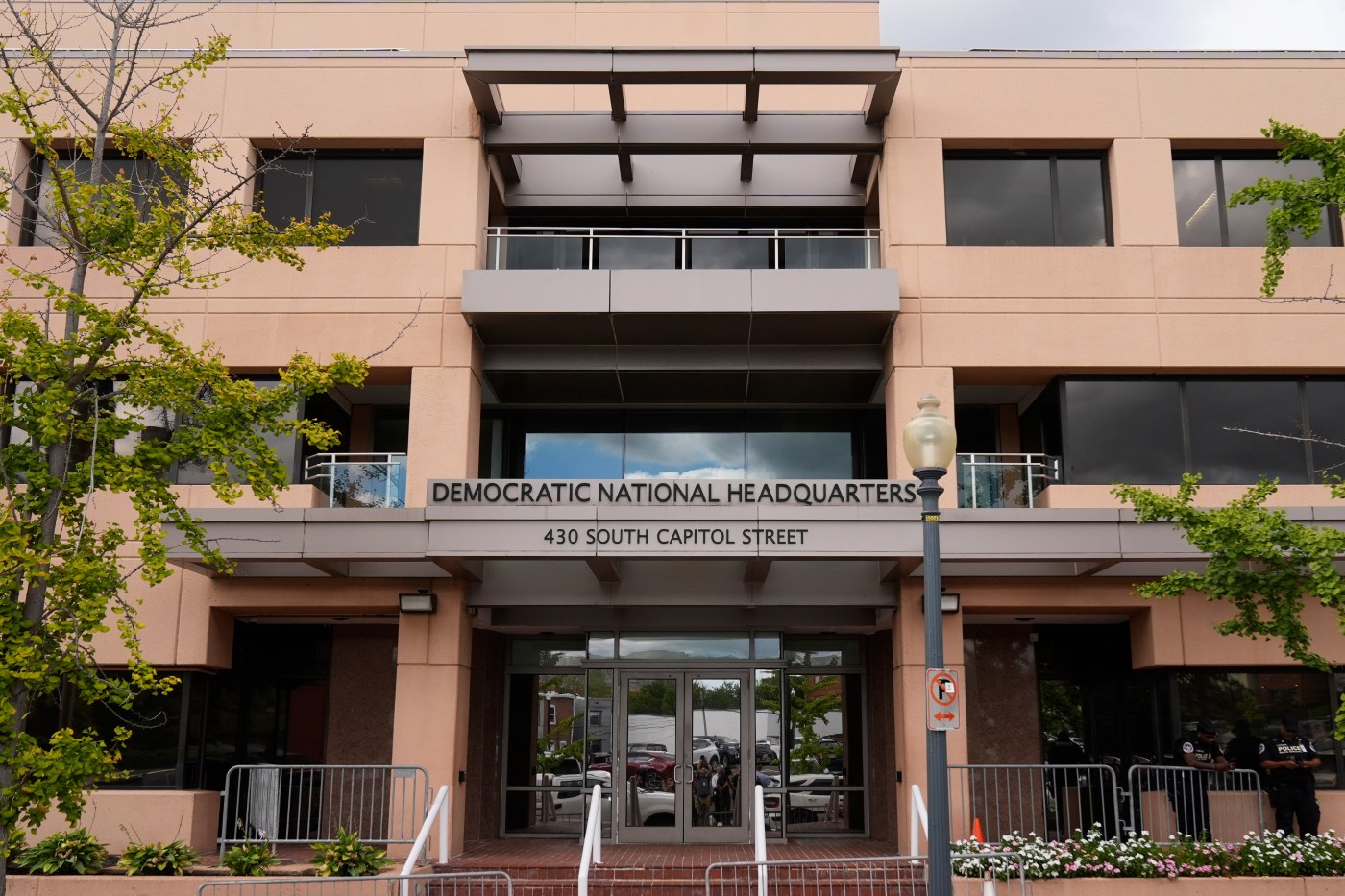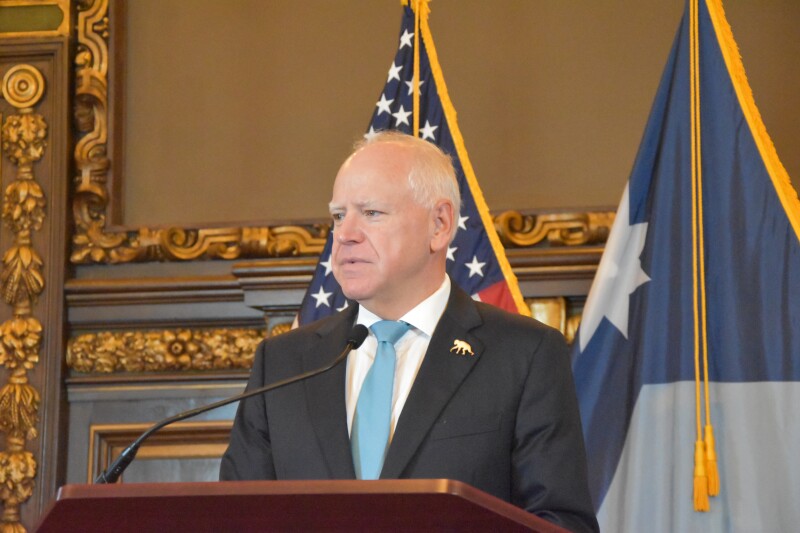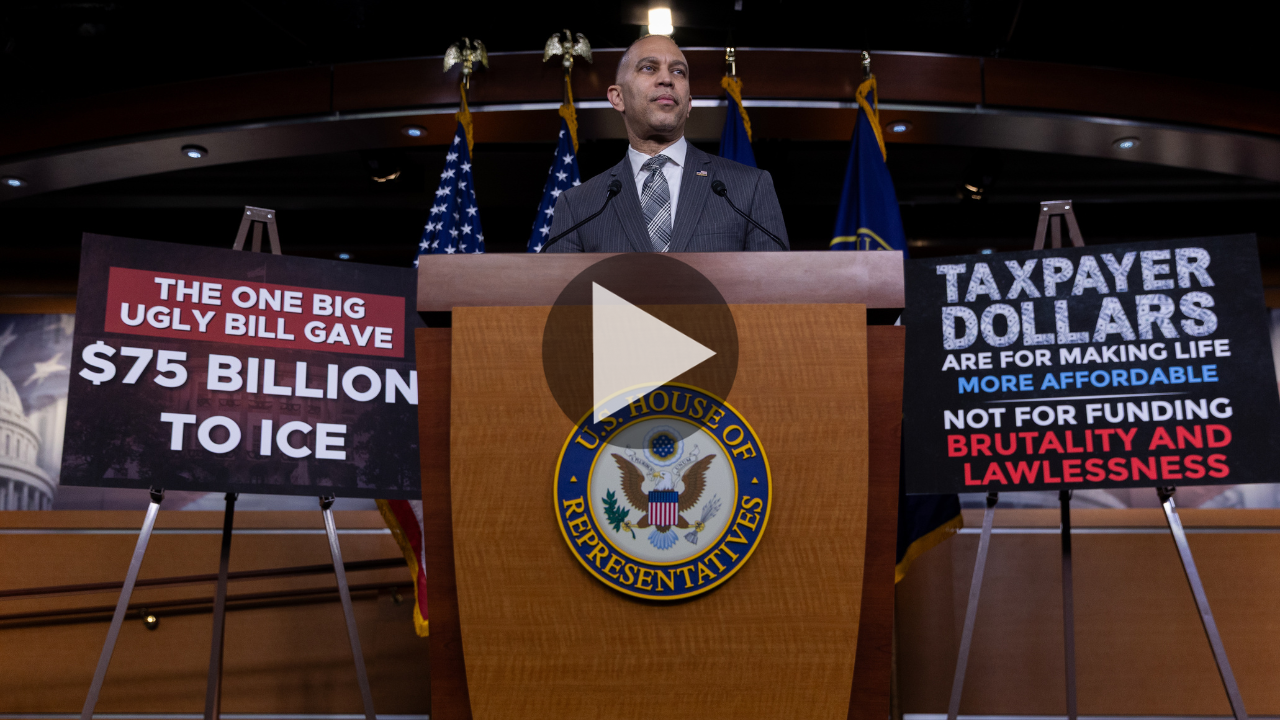The Democratic National Committee (DNC) has issued a directive requiring staff to return to the office for in-person work five days a week starting in February 2024. This announcement has sparked significant backlash from employees, who describe the order as “shocking” and “callous.” The move comes as many organizations navigate the complex landscape of post-pandemic workplace dynamics.
Staffers at the DNC are expressing their frustration over the new requirement, particularly in light of their recent efforts to support Democratic candidates during the midterm elections. In a statement reported by the New York Times, DNC staff union leadership remarked, “DNC staff worked extremely hard to support historic wins for Democrats up and down the ballot last Tuesday, and this change feels especially callous considering the current economic conditions created by the Trump administration.”
The context of the DNC’s decision reflects a broader trend seen across various sectors. Many organizations are grappling with the financial implications of remote work and the necessity of utilizing physical office spaces. The DNC, like other entities, is under pressure to justify the costs associated with maintaining its headquarters in Washington, D.C., which includes significant rent expenses.
While a collective bargaining agreement reached in July allows DNC employees to request remote work on occasion, staffers have interpreted “on occasion” quite liberally. This has led to heightened tensions within the organization, as many feel that their commitment to the party’s objectives should allow for more flexible working arrangements.
The debate over the return-to-office (RTO) mandate has drawn comments from various political figures. Neera Tanden, a former senior adviser to President Joe Biden, weighed in on the situation, urging DNC staff to embrace the necessity of in-person work. She stated, “If you think democracy is on the line – working in the office is not a big ask. And there are plenty of other people willing to step up. Get yourselves together, people.”
This sentiment was met with criticism from the Republican National Committee (RNC). Press secretary Kiersten Pels commented on social media, “This is hilarious. DNC staffers are ‘shocked’ at being expected to show up to work during a midterm campaign cycle. Is this a political committee or a daycare?”
The contrasting attitudes towards workplace policies highlight a significant disconnect between the political sphere and the realities faced by employees across the country. A poll conducted by the Pew Research Center indicated that as of October 2024, about 75% of workers were required to be in the office for a certain number of days per week or month, up from 63% in February 2023.
Despite some companies continuing to offer remote work arrangements, many employees remain resistant to RTO mandates. Research by Bamboo HR revealed that 28% of workers would contemplate quitting their jobs due to such requirements. This data underscores the growing tensions between organizational policies and employee preferences, reflecting broader societal debates about work-life balance.
While the DNC’s call for employees to return to the office may seem standard for many organizations, it draws attention to the unique challenges faced by political staffers. The perception that those working in politics are exempt from the same workplace pressures experienced by other sectors raises questions about equity and understanding within the political landscape.
As the DNC prepares for the upcoming changes, the response from staff highlights the complexities of transitioning back to in-person work in a post-pandemic world. The ongoing discourse around workplace policies will likely continue as organizations strive to balance operational needs with employee satisfaction.







